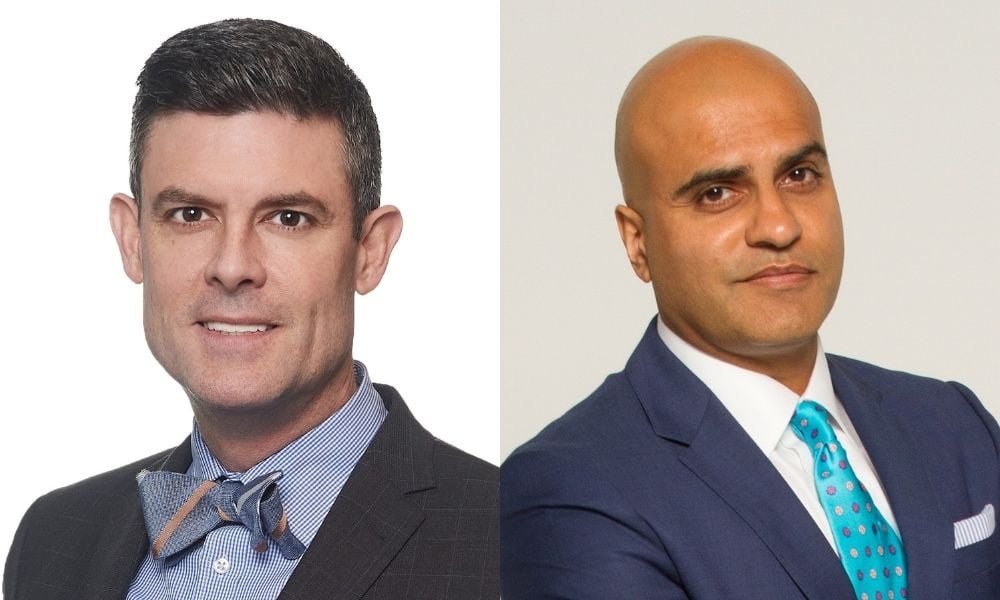The concepts are foundational to the justice system, say lawyers

This article is part of a series addressing popular topics and questions that clients and the public may have about the legal profession.
A code of silence protecting client-dealings makes it possible for a lawyer to be an effective advocate.
“A lawyer would not be able to render proper professional service,” says Nainesh Kotak, founder of Kotak Personal Injury Law. “The client must be able to feel completely secure that matters disclosed or discussed with a lawyer will be held in strict confidence. This is essential for the functioning of our legal system.”
Clients are protected by solicitor-client privilege and lawyers are bound by a duty of confidentiality. While related, they are different concepts. Solicitor-client privilege protects the client in all communications they have with their lawyer. At the same time, the duty of confidentiality requires the lawyer not divulge any details about their work with the client.
“The duty of confidentiality is a wider duty,” says Mark Evans, national practice group leader of the Litigation and Dispute Resolution group at Dentons Canada. “It covers not only communications, but any information that the lawyer receives or learns in the context of working for that client.”
“Solicitor-client privilege – like confidentiality – I'd say that they’d be fairly described as pretty fundamental pillars of the profession and our ability to properly advise and work with clients. They're different, privilege and confidentiality, but interrelated.”
According to the Canadian Bar Association’s “FAQ - Privilege and Confidentiality for Lawyers in Private Practice,” the ethical duty of confidentiality comes from the common law, the codes of conduct of the various law societies and the Code of Ethics of Advocates and other legislation, in Quebec.
Solicitor-client privilege comes from common law, said the CBA.
Solicitor-client privilege is also constitutionally protected in most common-law countries, says Kotak.
Exceptions
There are exceptions to solicitor-client privilege. When the communication is made in furtherance a crime or a fraud, that communication is not protected. There is also caselaw which suggests that the privilege is waived where there is an imminent threat to public safety, says Evans.
Even in those circumstances, the disclosure of protected information must be limited to the minimum required, he says. “It does not become a holus-bolus exemption. But only a narrow exception.”
Another situation in which privileged communications could be divulged, says Kotak, is if a client were to testify in court that they received certain advice from a lawyer, or former lawyer, and the lawyer was then questioned about those particulars.
“There's another example in criminal law,” he says. “There's very limited case law on this… If the innocence of your client is that stake, and there's been statements made by another individual in a different proceeding – a civil proceeding, for example – you might bring a motion to gather everything, whether it's solicitor-client privilege or not.”
“Courts are loathe to do that. They don’t generally do that. There’s been very few exceptions to it. I don't look at that as one that is very viable.”
Otherwise, the waiver of solicitor-client privilege is up to the client.
“There are very limited circumstances where it would be advisable to waive your communications with your lawyer,” says Kotak. He adds that a client may do so if they are making allegations against their lawyer, if the lawyer defrauded them, for example.
Litigation privilege
Lawyers are also required to maintain a zone of privacy when it comes to litigation. Litigation privilege protects, not just client communications, but communications between lawyers and third parties involved in the litigation as well. Unlike solicitor-client privilege, which has no expiry date, litigation privilege ends with the litigation.









